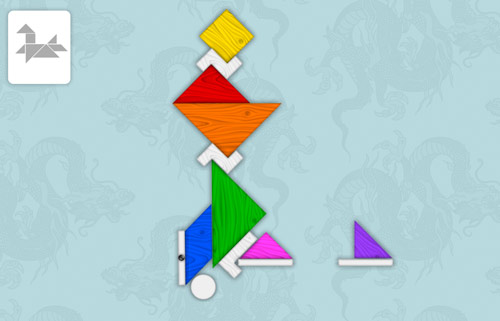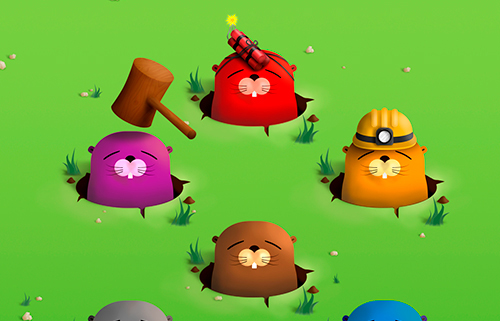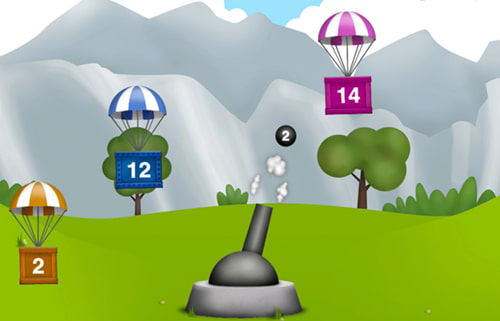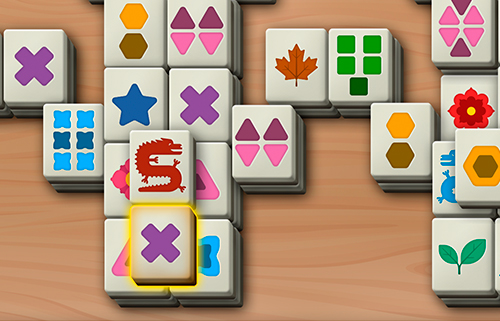
Multi-platform
Mahjong: Brain Game
Online brain training game
Play "Mahjong" online and boost your cognitive skills
Get access to this scientific brain training resource
Challenge your brain
Mahjong is a popular Chinese game that CogniFit has adapted to be a brain training game. The aim of the game is to match the tiles with the same image in order to get rid of them . However, the tiles that can be eliminated are only those with free sides around them. It seems very simple, but as the level of complexity of this mind training game increases, the cognitive demands will also increase.
CogniFit has managed to make Mahjong a scientific resource designed to continuously measure cognitive performance and automatically adjust its difficulty to the user . This is a perfect game to optimize brain training and help strengthen cognitive skills in a fun and interactive way. The brain game Mahjong can be played for free by children, adolescents, adults and seniors from any device with an internet connection.
Brain games such as Mahjong from CogniFit make it possible to activate and help strengthen cognitive skills with neuroplasticty.
Playing CogniFit’s Mahjong stimulates a specific neural activation pattern. Consistently repeating and training this pattern can help create new synapses and neural circuits able to reorganize and recover weak or damaged cognitive functions.
The brain game Mahjong was designed to stimulate the adaptive potential of the nervous system.
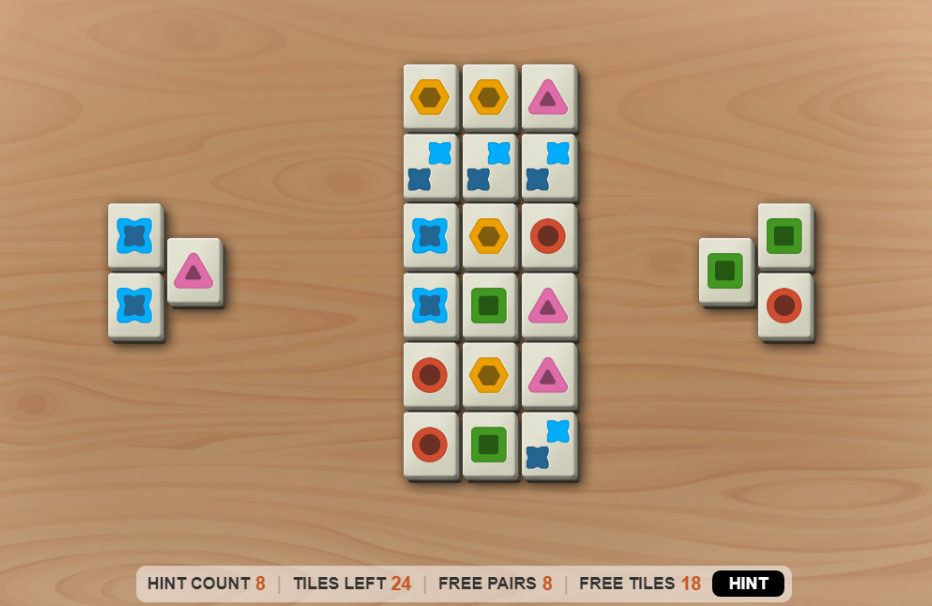
The objective of the game is to remove all the tiles from the board.
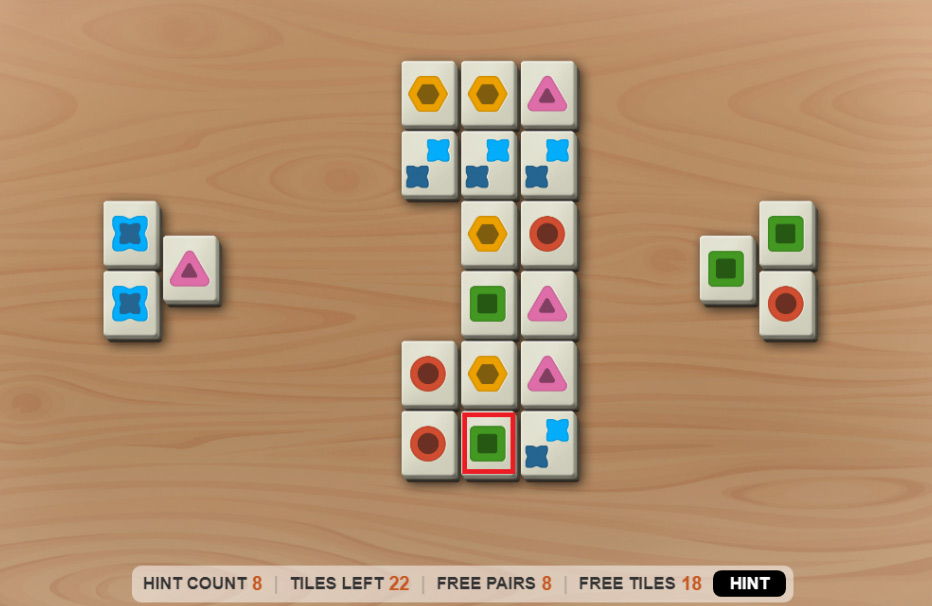
Be careful, you can only remove the tile if its left or right side is free.
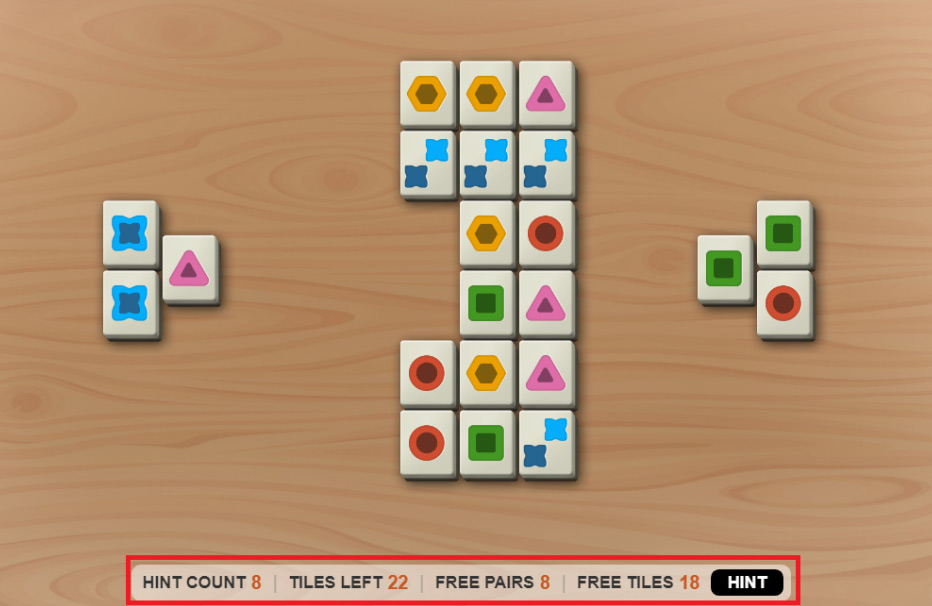
You have hints as well as useful information on the bottom of the game screen.
Why is Mahjong so popular? - History
Mahjong history dates back to the Sung Dynasty (960-1279 AD), however it wasn’t introduced to the Western world until the 20th century. It is said that Joseph Babcock is responsible for bringing the game to the United States in 1920 and it's popularity grew rapidly. He was said to publish a set of rules and several companies later then created game sets. This set in motion a craze for the game around the country.
In 1940s, the Chinese government outlawed Mahjong, claiming it was a capitalist game since players would sometimes gamble and they only wanted elite citizens playing the game because they feared that peasants might develop their mental capacities through. However, prohibition of the game was lifted in 1985. It is very popular due to the tile designs of suits, honor and flowers. CogniFit scientists have developed the game to help train different cognitive skills with a popular game that many already know and love.
How can the brain game "Mahjong" improve your cognitive abilities?
When training the brain with brain games like Mahjong, you stimulate specific neural patterns. Consistently repeating and training this pattern can help create new synapses and neural circuits able to reorganize and recover weak or damaged cognitive functions.
This game is indicated for anyone looking to challenge and improve cognitive performance.
1st WEEK
2nd WEEK
3rd WEEK

Neural Connections CogniFit
What happens if you don't train your cognitive skills?
The brain is designed to reserve resources, which causes it to eliminate the connections that it doesn't use often. This means that if you don't regularly use a certain cognitive skill, the brain will stop sending it the resources that it needs, and it will become weaker and weaker. This makes us less efficient when using the said function, causing us to be less efficient in daily activities.




